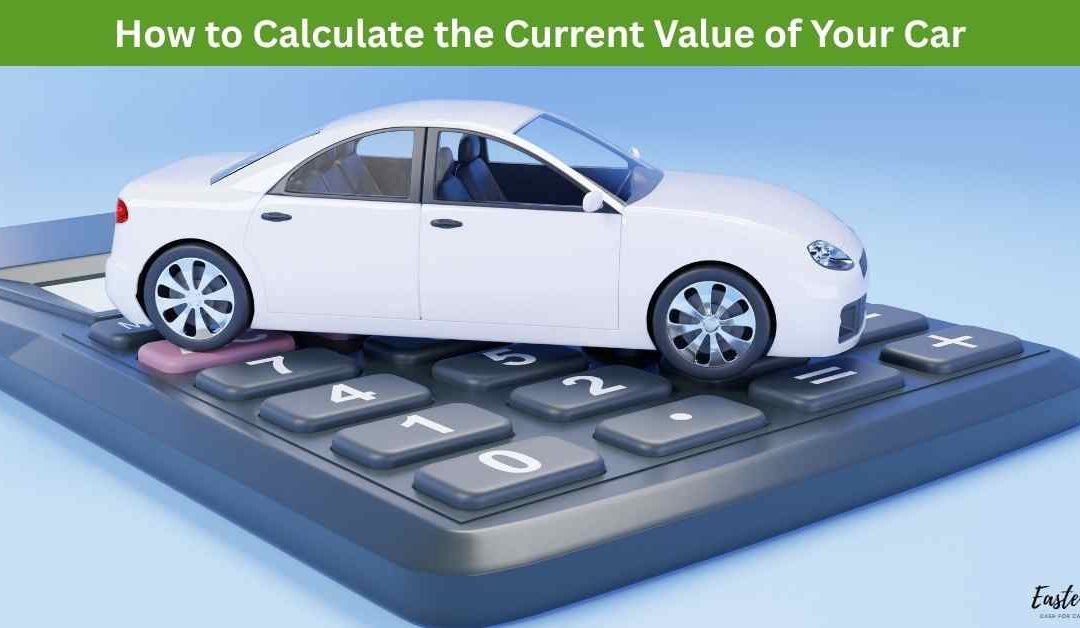Thinking about selling your car? One of the first questions that pop up is: How much is my car really worth? Knowing your car’s current value helps you set a fair price, negotiate better, or decide if it’s time to trade it in or scrap it.
But calculating the value isn’t always straightforward. It depends on a few key factors, and having a clear idea can save you time and frustration. Let’s break down how to figure out what your car is worth today, step-by-step.
1. Check Online Valuation Tools
A quick and easy way to get an estimate is by using online car valuation tools. Websites like RedBook, CarsGuide, and Drive offer free price guides based on your car’s make, model, year, and condition.
These tools compare your vehicle to similar ones currently for sale in Australia, giving you a ballpark figure to start with.
2. Consider Your Car’s Condition
Is your car in mint condition, or has it seen better days? Factors like:
- Dents and scratches
- Interior wear and tear
- Mechanical issues
- Service history
…all affect your car’s value. A well-maintained car with full service records will usually fetch more.
3. Look at the Mileage
In Australia, kilometres matter. Generally, the lower the odometer reading, the higher the value. High mileage can mean more wear and potential repairs down the track.
That said, a car with higher kilometres but solid maintenance can still hold good value.
4. Factor in Market Demand
Some cars are more popular and in demand than others. For example, fuel-efficient hatchbacks, SUVs, or popular brands like Toyota and Mazda often sell faster and for better prices.
Check what similar cars are selling for in your local area or online marketplaces like Gumtree and Carsales to get a sense of demand.
5. Account for Modifications and Extras
Have you added aftermarket upgrades like a new stereo, alloy wheels, or tow bar? Some extras can increase your car’s value, while others might not add much or could even put buyers off.
Be honest about modifications and understand that not all extras translate into higher offers.
6. Understand Depreciation
Cars lose value over time—that’s depreciation. New cars can lose up to 20-30% of their value in the first year alone, then around 15% each year after.
Knowing this helps set realistic expectations about what you can get when selling.
7. Get a Professional Appraisal
If you want a precise figure, consider getting a professional appraisal. Mechanics, dealers, or specialised valuers can inspect your car and provide a detailed assessment.
8. Compare Trade-In vs Private Sale vs Cash for Cars Offers
- Trade-In: Convenient but usually lower payouts
- Private Sale: Potentially higher price but takes time and effort
- Cash for Cars: Quick, hassle-free, and works even if your car has mechanical issues or damage
Each option affects what your car’s “value” really means to you.
Final Thoughts
Calculating your car’s current value isn’t rocket science, but it does take a bit of homework. Using online tools, checking your car’s condition, and knowing the market can help you get the best deal.
And if you want a fast and fair offer without the wait, our cash-for-cars service buys vehicles across Victoria and beyond—any condition, any model—with free removal and instant payment.
Got a car you want to value or sell? Contact us today for a no-obligation quote!
If you are in Burwood, and looking to sell your car or get cash for trucks, below is the best way to visit us.
Eastern Cash For Cars
720 High St Rd, Glen Waverley, VIC 3150
(03) 7035 7830
www.easterncashforcars.com.au


Recent Comments